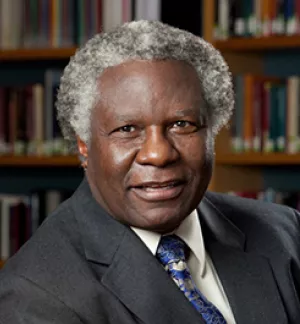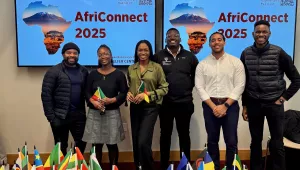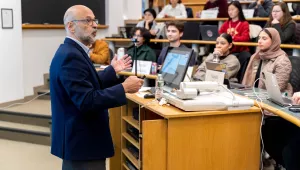My work on agricultural biotechnology for Africa dates to the mid-1980s. My first major publication on the subject in 1989 was entitled The Gene Hunters: Biotechnology and the Scramble for Seeds. This was nearly seven years before the first commercial release of the transgenic crops in North America. The focus of my work has been on identifying technologies that could contribute to sustainable development in Africa. I have advocated policies that seek to reduce the negative consequences of new technologies while maximizing their impacts.
Later I became Executive Secretary of the United Nations Convention on Biological Diversity (1995-1998), where my responsibilities required me to interact with the full spectrum of stakeholders on biotechnology including governments, industry, academia, and nongovernmental organizations on all sides of the issues. Having come to recognize that the vast spectrum of challenges facing farmers in different circumstances requires them to be able to choose from the widest possible selection of tools, I have argued for keeping biotechnology options open for African farmers and have at the same time served on the board of trustees of educational institutions promoting organic farming.
I have continued to interact with the full spectrum of organizations since then and exercised my own judgment and independence in regard to any invitations they extend to me. This applies to my decision to publish an article on the website of the Genetic Literacy Project (GLP) based on material from my latest book, The New Harvest: Agricultural Innovation in Africa, which was published in 2011 with financial support from the Bill and Melinda Gates Foundation. The article also draws from a public testimony that I submitted to the Subcommittee on Horticulture, Research, Biotechnology, and Foreign Agriculture of the Committee on Agriculture of the US House of Representatives on July 9, 2014.
The views in that article reflect my long-held view that for Africa the risks of not adopting transgenic crops exceed any potential risks from adopting them. Many organizations have published extracts from the book, all of which are publicly available on our website. I have never been paid for these written contributions..
Juma, Calestous. “Statement on Agricultural Biotechnology.” September 30, 2015




